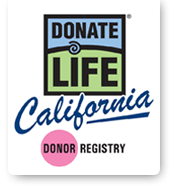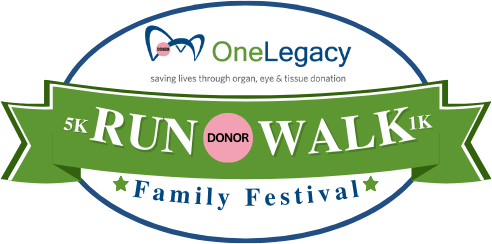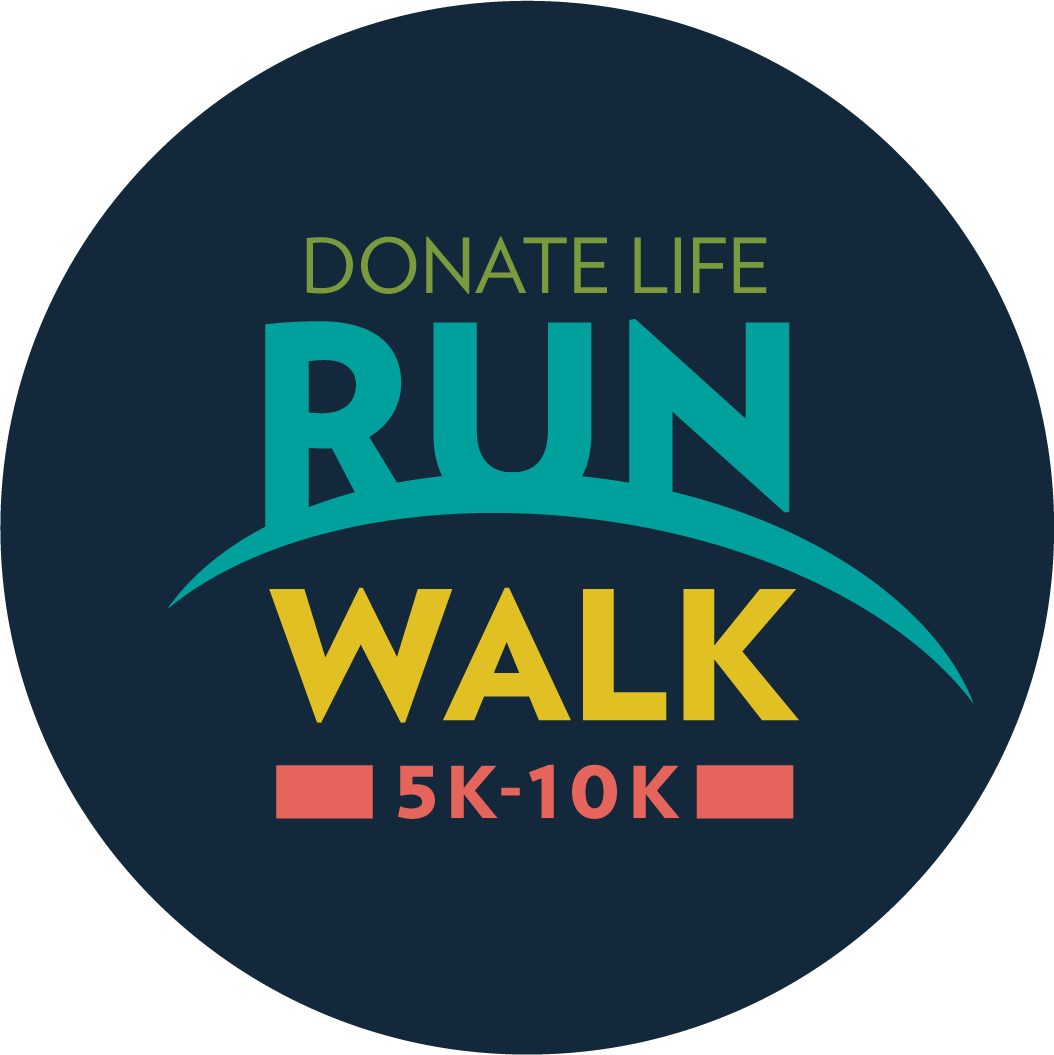Everything You Need to Know About the Organ Donation Process
For many, the organ and tissue donation process may be one they are completely unfamiliar with, even if they are registered donors. Many misunderstandings and myths about how organs and tissue are recovered have been shared throughout social media and even been perpetrated on television for several decades. Today, we want to give you a quick rundown on how the process actually works.
Registering as a Donor
The first step is registering to be an organ and tissue donor! For decades, Donate Life California has worked with the California Department of Motor Vehicles to register donors throughout the state. Anyone can register as a donor at the DMV when they go in to apply for or renew a California Driver’s License or identification card.

On your license or ID application or renewal form, you will be asked if you would like to be registered as an organ or tissue donor. Simply check the box marked “YES! I want to be an organ, eye and tissue donor” and you will be put on the Donate Life California Donor Registry. Additionally, if you don’t find yourself at a DMV anytime soon and want to register as a donor at your own convenience, you can register on our website here.
You also have the ability to remove yourself from the registry at any point by contacting Donate Life California.
The Organ Donation Process
One of the most common myths out there regarding organ donation is that emergency medical personnel will not attempt to save your life if they see you are an organ and tissue donor. This is false. Whether someone is in a hospital or at the scene of an accident, every effort is made to save your life. Organ donation is not even discussed during these life-saving procedures. Medical professionals, such as doctors, have taken oaths to do no harm and that includes placing anything, including donation, above saving a patient’s life.
Only after all lifesaving procedures have been exhausted does the next step in the process take place – the referral of a potential donor. This only happens when an individual is declared brain dead by two different doctors unrelated to the transplant process. Alternatively, the referral process can also begin when the family of the deceased takes them off mechanical support. Only then do hospitals refer the patient to the local organ procurement organization (OPO) to begin a conversation about donation.
After a potential donor is referred, medical staff from the OPO begin to evaluate the deceased to determine if they are a suitable candidate for donation. Once this review is completed, the OPO staff will speak to the family if the deceased individual is eligible to be a donor.

Once the potential donor has been evaluated, the family is then notified if their loved one had registered to be an organ donor. If no decision had been made beforehand, the individual’s family then decides whether to move forward with the donation process or not. We always recommend sharing your decision on donation with your family so that they are aware of your wishes.
It is at this point, once consent is granted by the donor’s family or by the individual through the Donate Life California Registry, that the organ and tissue recovery can take place. The donor’s family is given a chance to say goodbye to their loved one and any additional testing would also occur at this step. When any organs and tissue are then recovered, the United Network for Organ Sharing finds a suitable match for someone on the organ and tissue transplant waiting list.
After the recovery procedure is finished, the OPO returns the body to the family. The donor’s family can then proceed with any funeral arrangement they had planned, be it open casket or cremation. Our OPOs will ensure that the organ and tissue recovery process will not interfere with your after-death plans.
We hope that this has been informative enough and cleared up any questions you may have had about the organ donation process! If you have any additional questions, please visit our website at www.donateLIFEcalifornia.org for additional information.









